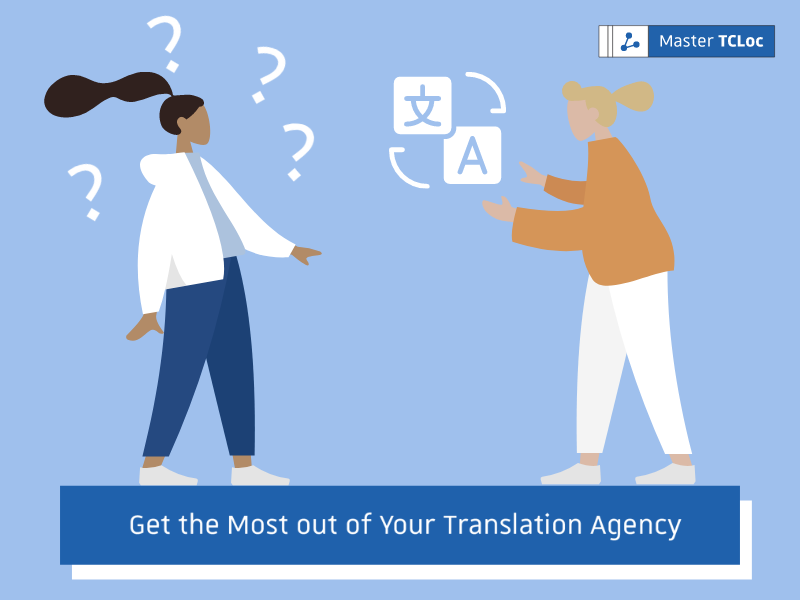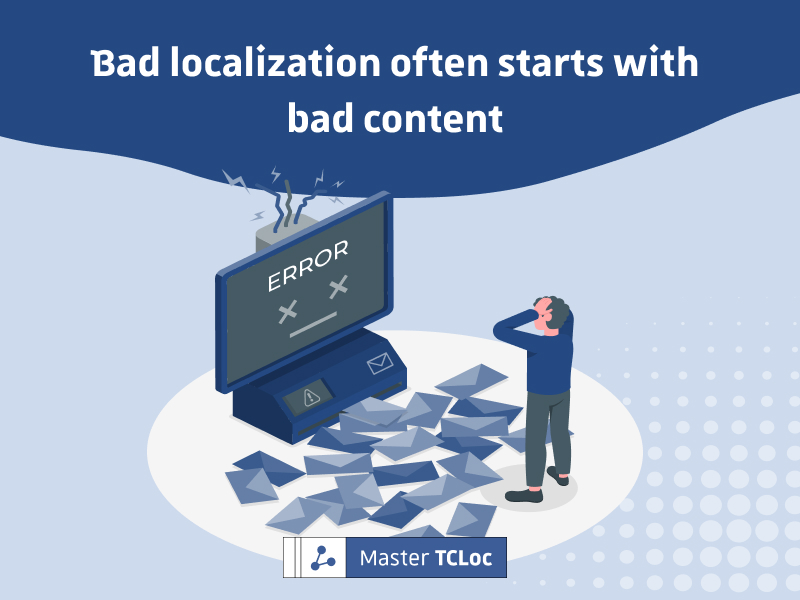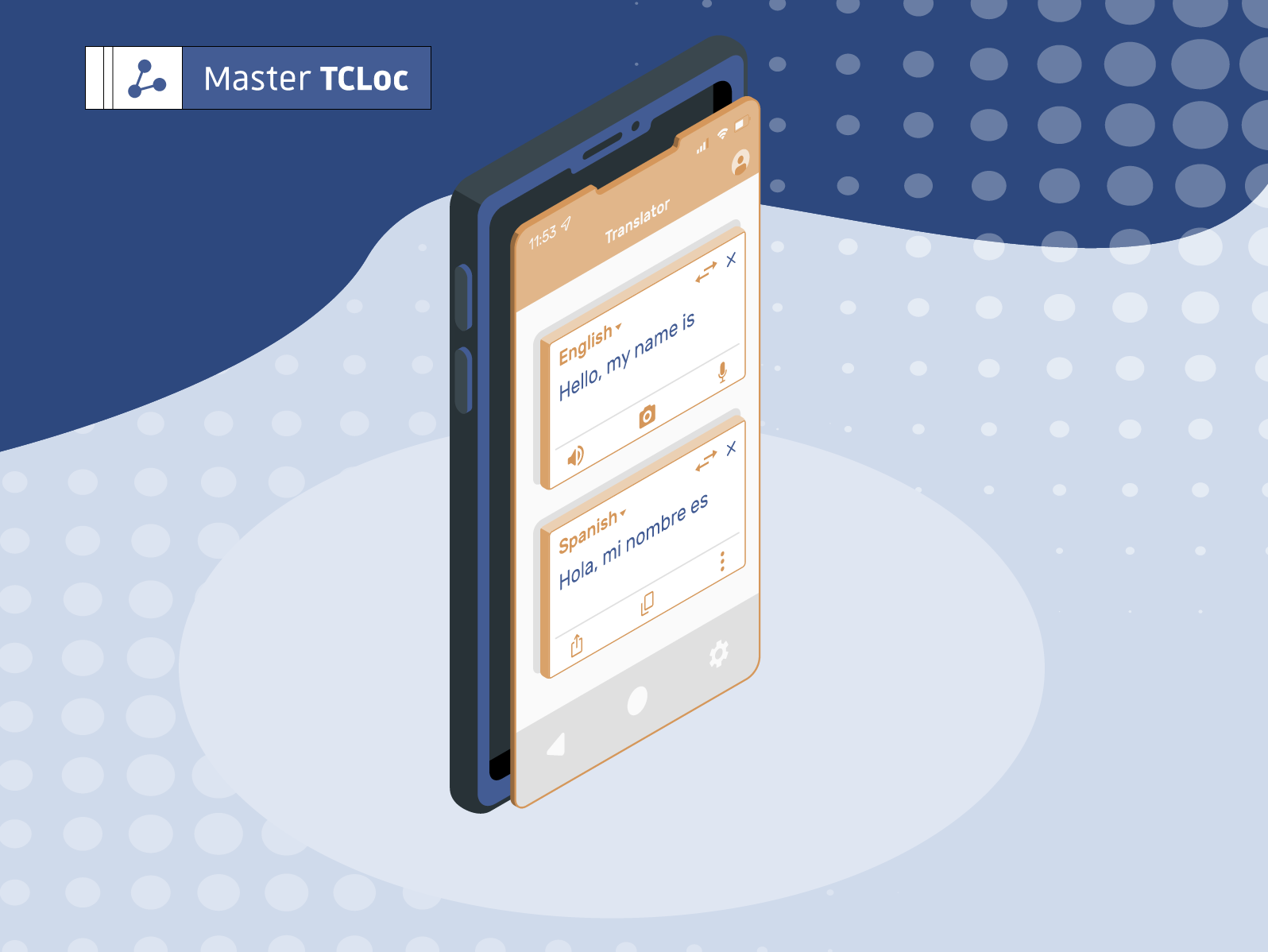Finding the right translation agency isn’t easy. This article outlines some of the do’s and don’ts of picking the right language service provider and helps you get the most out of their service.
So you’re in need of a translation agency: you’ve decided to launch a product line internationally, your website needs to be multilingual, legal stipulations require you to provide help instructions in multiple languages, or for any reason whatsoever you’re in need of translation services…
What now? There’s a large number of translation agencies out there, or ‘language service providers’ (a.k.a. LSPs), as they’re sometimes called. As a first-time buyer, what are the things to keep in mind when picking the right translation agency?
What Can a Translation Agency or a Language Service Provider Actually Do for You?
Well, firstly, you need to know what you require from them. Some agencies just offer basic translation services, whilst others can provide you with practically everything on the linguistic front: from extensive proofreading, subtitling and copywriting services to localization, that is, adaptation of your entire product line to specific cultures. Additionally, some agencies specialize in a specific subject matter: software, legal documents, marketing texts… Depending on what you need, you will need to decide if you’ll go for a ‘one-stop shop’ solution or for a specialized agency.
Do’s
- Make an overview of all the material that needs to be translated, including the required languages, word counts, subject matters, and required quality per product.
- Get different quotes from different agencies.
- Ask about the agency’s experience with similar clients.
- Research the LSP online to find out how their translation process is organized and whether it is using the latest translation technologies.
Don’ts
- Expect high quality for low prices; beware of offers that seem ‘too good to be true’
- Hire your colleague’s nephew who happens to know a specific language – translation is a whole different process.
- See translation as a ‘cheap’ commodity: low-quality translations will definitely have a negative impact on your ROI.
You’ve Picked a Suitable Translation Agency — How Do You Get the Most Out of Our Cooperation?
Now is the time to make sure the agency – in particular their project manager – gets all the information it needs to create effective translations. Mind you, this is definitely not a ‘sit and stare process’: you will need to actively monitor the progress of the translation project and make sure proper translation project management guidelines are being followed. Here are a few tips on streamlining the translation process:
Do’s
- Make sure your material is optimized for translation: if possible, avoid local cultural references and use of material (images, colors, etc.) that might be seen as inappropriate in other cultures, but also make sure your material is readable and understandable to your intended audience.
- Provide the agency with any helpful reference or training materials that could help translators understand your product better. Should you have any standardized terminology within your organization, make sure to send your glossaries or term lists to the agency.
- If you’ve hired translation services in the past, make sure to provide your new agency with a ‘translation memory’. If you don’t yet know what that means, read this article for more information on the language technology that is being used by translation agencies.
- Hire or assign a single contact person in your organization that can uniformly respond to questions from the translation agency’s project manager.
Don’ts
- Be unavailable for questions or give ambiguous responses to their project manager. This will directly impact the quality of the translation.
- Forget to make sure both parties have a clear understanding of the deliverables. To avoid misunderstandings, make sure to agree on things like: does the project include proofreading or DTP services to make sure all layout issues are solved? How many rounds of revision are allowed? Does the agency send you the translation memory upon request?
Of course, this is just the tip of the iceberg. To find out more about the translation and localization industry and check out tips from experts in the field, visit the TCLoc Master’s blog.



